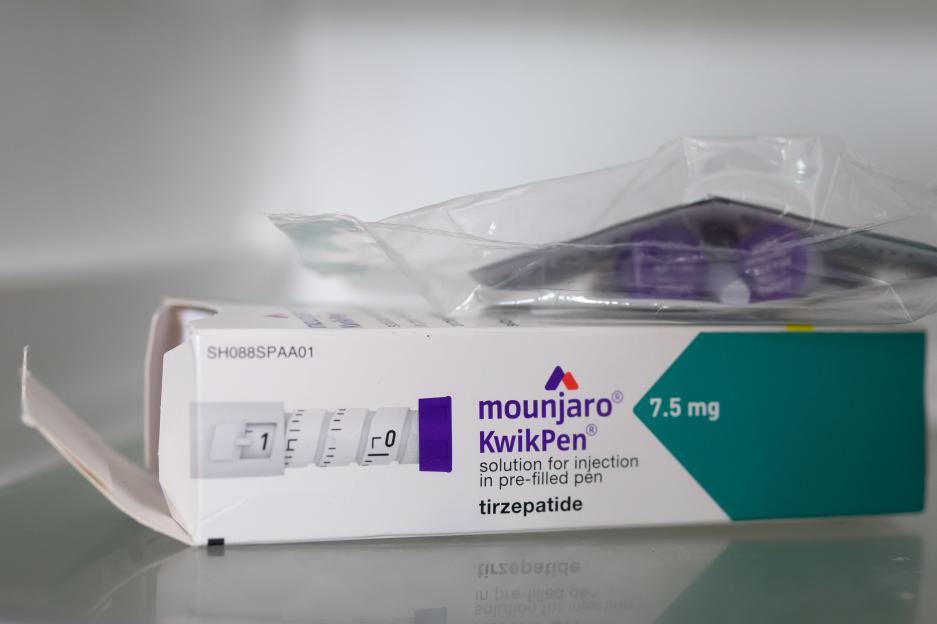A NATURAL compound found in three foods may protect against heart attacks, say scientists â and could be more effective than existing treatments.
Ferulic acid, a naturally occurring antioxidant, has been found to prevent coronary artery spasms, which can cause (angina), , and other serious cardiovascular issues.
 Ferulic acid,a natural antioxidant found in foods like rice and coffee, may offer benefits for heart health by potentially reducing oxidative stress, inflammation, and improving blood pressure and cholesterol levels
Ferulic acid,a natural antioxidant found in foods like rice and coffee, may offer benefits for heart health by potentially reducing oxidative stress, inflammation, and improving blood pressure and cholesterol levelsUsing pig coronary arteries, which closely resemble human heart arteries, a research team from Toho University in Tokyo, found ferulic acid significantly reduced artery contractions caused by chemical stimuli.
And it did this through two separate mechanisms.
The first was it blocked calcium from entering muscle cells through L-type calcium channels, which are normally responsible for causing the arteries to contract.
Secondly, even when calcium is not involved, it still prevents the arteries from tightening by inhibiting the activation of a specific protein called myosin light chain, which is essential for muscle contraction.
Surprisingly, the researchers also found ferulic acid could be even more effective than diltiazem â a widely used for relaxing blood vessels.
“Because ferulic acid is plant-based and considered safe, it may have potential as a food ingredient or even as a foundation for future heart medications,”; said lead researcher Dr Kento Yoshioka.
The researchers added the study opens the door to new, natural ways of supporting heart health, including through diet or supplements in the future.
Ferulic acid is found in a number of foods, includingrice, coffee and spinach.
And its benefits have been found to reach far beyond heart health.
Ferulic acid may benefit the skin in various ways.
The compound may help neutralise atoms calledfree radicalsthat break down the body’s cells and contribute to ageing.
A 2018 review found ferulic acid acts as a “free radical scavenger,”; seeking out these atoms and neutralising their damaging effects.
It may also help reduce sun-induced skin damage.
A 2018 study found adding ferulic acid to sunscreens can raise their SPF and may prevent inflammatory skin reactions.
And it could also reduce skin inflammation.
The 2018 review found ferulic acid may calm inflammation associated with acne, hyperpigmentation, and seborrheic dermatitis.
When used cosmetically, ferulic acid is usually safe for the skin and human health.
But in rare cases a treatment containing the antioxidant may causemild irritation and/or redness, as well as itching.







